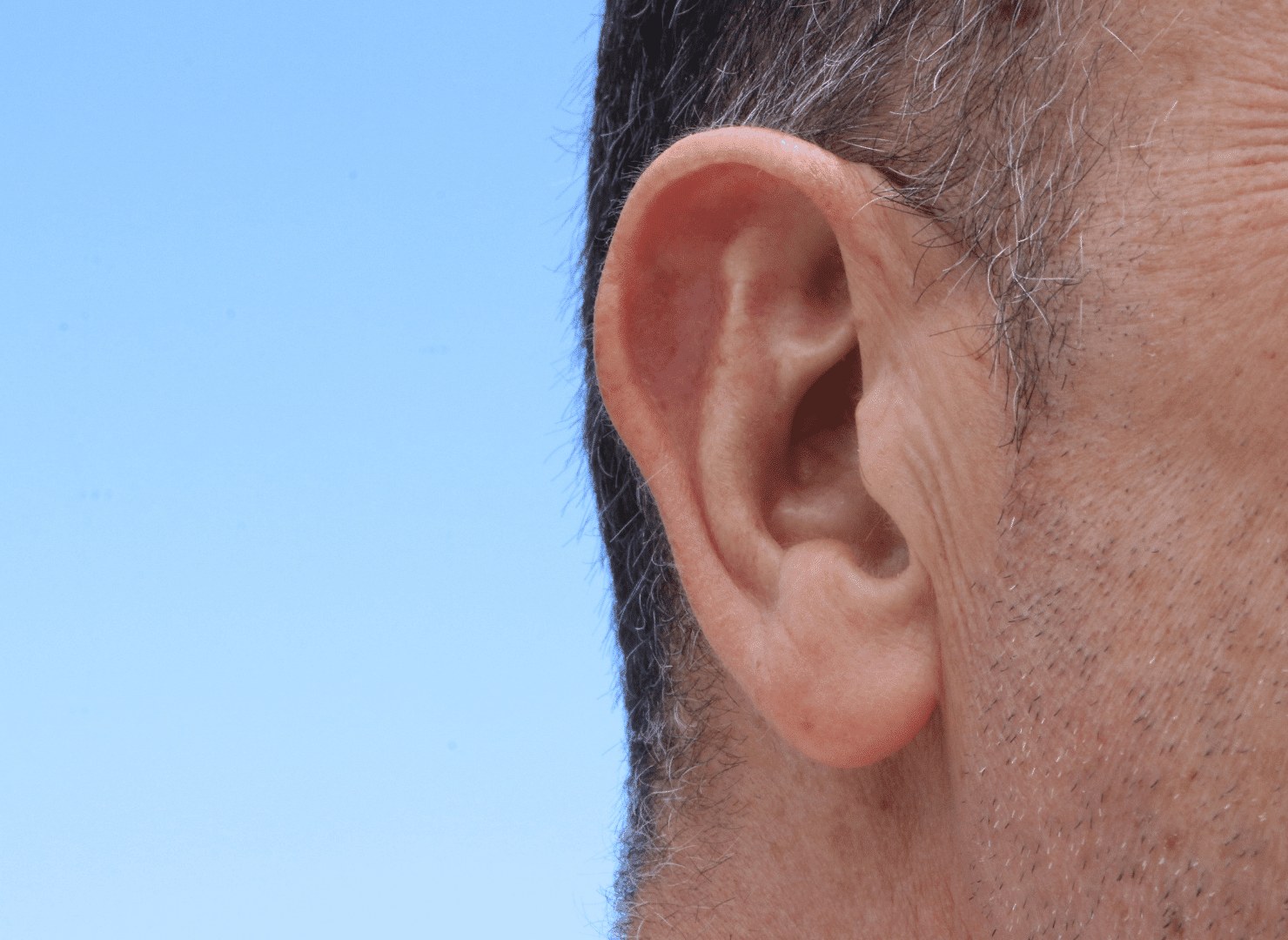 Researchers have identified a connection between risk for dementia or loss of cognitive abilities and hearing loss. Hearing aids may be able to help.
Dr. Frank Lin, an assistant professor at Johns Hopkins University, conducted a study tracking the cognitive health of patients for 12 years and found that patients with more severe hearing loss at the beginning of the study were much more likely to have higher risk for dementia.
In fact, even patients with only moderate hearing loss were found to be three times more likely to develop dementia. Since the area of the brain that processes sound is close to the area of the brain in which Alzheimer’s usually starts, this could increase the risk of hearing loss leading to mild cognitive loss and dementia. Thankfully, hearing aids can mitigate the hearing loss and help prevent cognitive health from diminishing due to hearing loss.
Researchers have identified a connection between risk for dementia or loss of cognitive abilities and hearing loss. Hearing aids may be able to help.
Dr. Frank Lin, an assistant professor at Johns Hopkins University, conducted a study tracking the cognitive health of patients for 12 years and found that patients with more severe hearing loss at the beginning of the study were much more likely to have higher risk for dementia.
In fact, even patients with only moderate hearing loss were found to be three times more likely to develop dementia. Since the area of the brain that processes sound is close to the area of the brain in which Alzheimer’s usually starts, this could increase the risk of hearing loss leading to mild cognitive loss and dementia. Thankfully, hearing aids can mitigate the hearing loss and help prevent cognitive health from diminishing due to hearing loss.
Get $200 off a pair of Omni 2 hearing aids with code EARTHDAY200
 Researchers have identified a connection between risk for dementia or loss of cognitive abilities and hearing loss. Hearing aids may be able to help.
Dr. Frank Lin, an assistant professor at Johns Hopkins University, conducted a study tracking the cognitive health of patients for 12 years and found that patients with more severe hearing loss at the beginning of the study were much more likely to have higher risk for dementia.
In fact, even patients with only moderate hearing loss were found to be three times more likely to develop dementia. Since the area of the brain that processes sound is close to the area of the brain in which Alzheimer’s usually starts, this could increase the risk of hearing loss leading to mild cognitive loss and dementia. Thankfully, hearing aids can mitigate the hearing loss and help prevent cognitive health from diminishing due to hearing loss.
Researchers have identified a connection between risk for dementia or loss of cognitive abilities and hearing loss. Hearing aids may be able to help.
Dr. Frank Lin, an assistant professor at Johns Hopkins University, conducted a study tracking the cognitive health of patients for 12 years and found that patients with more severe hearing loss at the beginning of the study were much more likely to have higher risk for dementia.
In fact, even patients with only moderate hearing loss were found to be three times more likely to develop dementia. Since the area of the brain that processes sound is close to the area of the brain in which Alzheimer’s usually starts, this could increase the risk of hearing loss leading to mild cognitive loss and dementia. Thankfully, hearing aids can mitigate the hearing loss and help prevent cognitive health from diminishing due to hearing loss.




